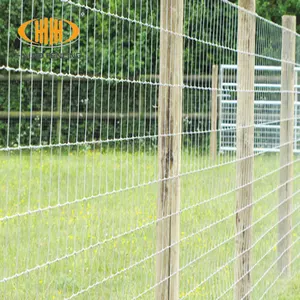Giới thiệu về hàng rào cừu trang trại
Alibaba.com cung cấp các sản phẩm 15243 hàng rào cừu trang trại. Có rất nhiều hàng rào cừu trang trại lựa chọn dành cho bạn, chẳng hạn như dễ dàng lắp ráp, thân thiện với môi, và không thấm nước. Bạn cũng có thể chọn từ vườn, hàng rào vườn hàng rào, và trang trại hàng rào cừu trang trại. Cũng như từ kim loại, thép, và nhựa hàng rào cừu trang trại.Và bất kể hàng rào cừu trang trại là video của cài đặt, cuốn sách hướng dẫn, hay 3d mô hình.












